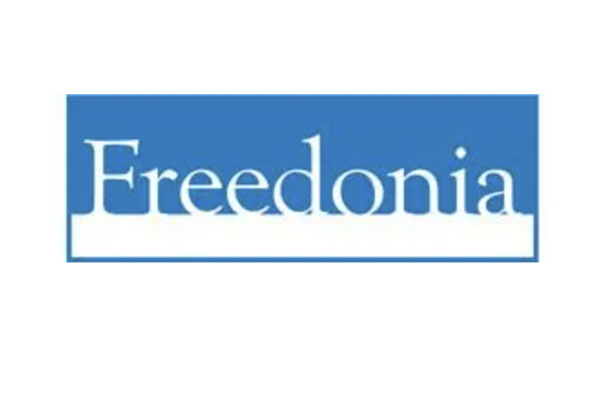25 July 2022
Demand for Pulp Packaging to Increase 6.2% Annually through 2026

Demand for molded pulp packaging is forecast to increase 6.2% per year through 2026, finds a new Freedonia Group analysis. This relatively small, but quickly expanding, segment of the larger packaging market is seeing increased growth due primarily to the environmental benefits of molded fiber products, including its recyclability, biodegradability, and compostability (in commercial composting facilities).
Manufacturers of food products and consumer and industrial packaged goods, along with e-commerce and shipping providers, are increasingly implementing strategies to improve their environmental footprints. In addition to packaging reduction strategies, a key means of improving sustainability has been the use of more environmentally friendly materials like molded fiber.
In addition to trends favoring molded fiber packaging’s excellent environmental profile, key factors supporting strong demand increases include:
-
expanding recognition of molded pulp’s performance properties, including excellent cushioning, bracing, and blocking
-
the development of molded fiber products that are more competitive with plastic alternatives in terms of cost, performance, and aesthetics, such as rigid packaging made from molded bamboo or molded sugarcane
-
backlash against single-use plastic products manufactured from expanded polystyrene (EPS) foam, as well as bans on certain EPS foodservice products in a growing number of cities
-
increasing domestic manufacturing capacity for molded fiber, which will help keep prices more competitive
-
healthy growth in a number of key applications for molded fiber packaging, including e-commerce and foodservice
-
R&D to develop new applications for molded fiber, specifically in nonfood primary packaging markets
In May, Kraft Heinz teamed up with Pulpex to develop a paper-based, renewable, and recyclable bottle made from 100% sustainably sourced wood pulp. Heinz is the first sauce brand to test the potential of Pulpex’s sustainable paper bottle packaging for its range of condiments.
This initiative aligns with the company’s goal to make all packaging globally recyclable, reusable, or compostable by 2025. It is also an innovation that will help Kraft Heinz achieve net zero greenhouse gas emissions by 2050.
In 2020, Georgia-Pacific‘s Leaf River cellulose mill in New Augusta, Mississippi, was the first US pulp mill to earn the US Environmental Protection Agency’s Energy Star certification, which signifies that the manufacturing facility performs in the top 25% of similar facilities nationwide for energy efficiency and meets strict energy efficiency performance levels set by the EPA.
Source: https://www.environmentalleader.com/2022/07/demand-for-pulp-packaging-to-increase-6-2-annually-through-2026/